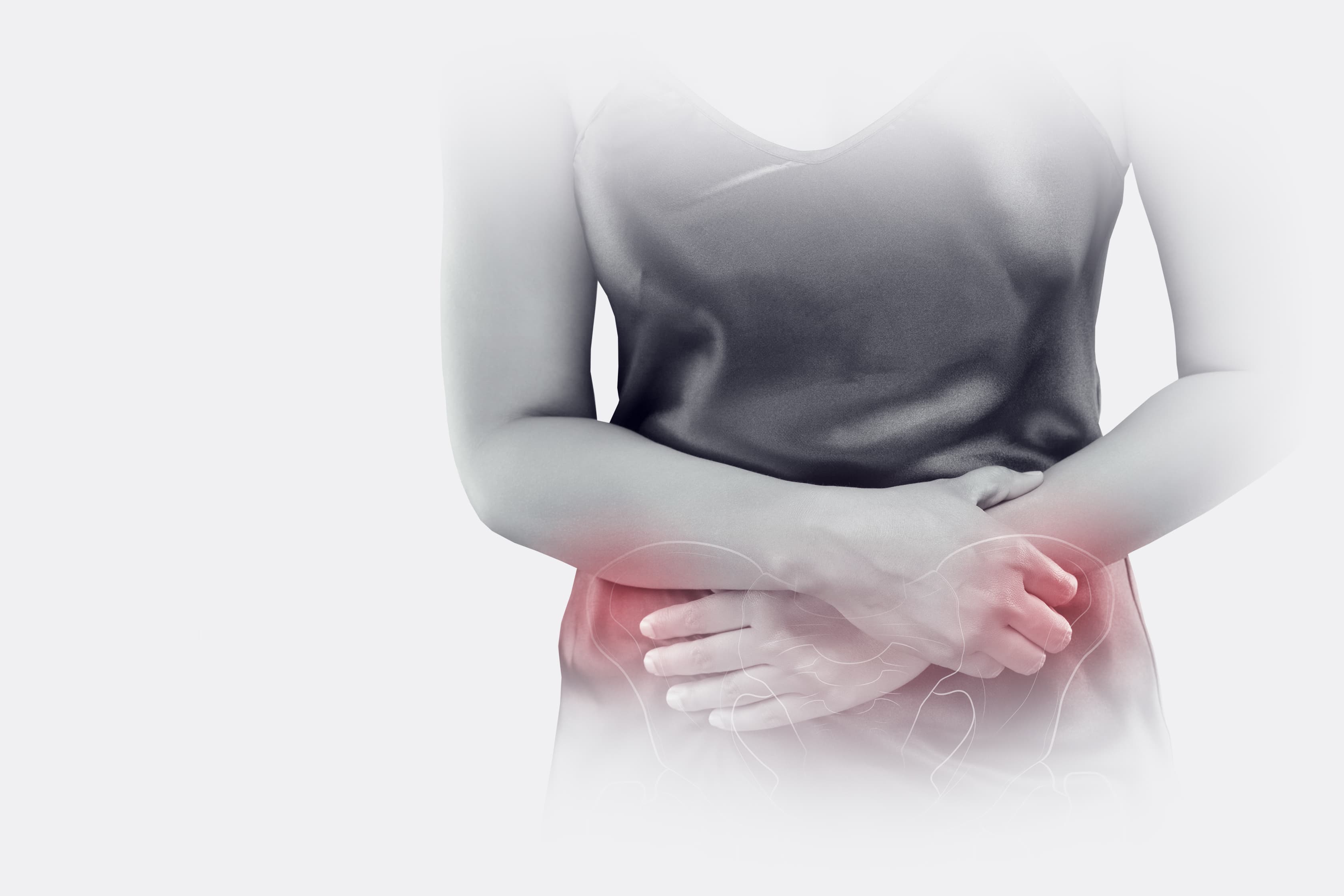Back
Pelvic Congestion Syndrome (PCS): Understanding, Identifying, and Addressing this Often-Overlooked Condition
By Dr. Zarina Vitebsky, DPT, MSPT, PRPC, TPS, LPF, DN on 9/20/2023

When it comes to pelvic health, many conditions remain under the radar, often misdiagnosed or overlooked altogether. One such condition is Pelvic Congestion Syndrome (PCS). Let's delve into the "Who, What, and Where" of PCS, shedding light on this intricate yet vital aspect of women's health.
Who is at Risk? Unraveling the Demographics of PCS
While PCS can affect various individuals, there are certain groups more predisposed to it:
Pre-menopausal women: Particularly those who have experienced multiple pregnancies, are at an elevated risk of developing PCS.
Women of Reproductive Age: PCS isn’t exclusive to women who’ve given birth; it can be prevalent among all women of childbearing age.
Other Risk Groups: Factors such as obesity, leading a sedentary lifestyle, constipation, history of surgeries, and having high estrogen levels can enhance the risk. Even conditions like prostatitis have been linked to PCS.
What Exactly is PCS? A Closer Look
In simple terms, Pelvic Congestion Syndrome is a condition where veins, primarily responsible for draining blood from the lower extremities and pelvis, falter in their function. Think of it as a traffic congestion in the veins, which leads to symptoms like:
Swelling or a feeling of heaviness.
Warmth and itching sensations.
Discomfort in the pelvic area.
But what causes these veins to act up? The exact reasons remain a matter of research, but experts believe it's a mix of factors, including:
Hormonal Imbalances: High levels of certain hormones might make the veins more susceptible.
Valve Dysfunction: Malfunctioning valves in veins can restrict the blood flow.
Venous Obstruction: This causes the veins to get overwhelmed, leading to congestion.
Where does PCS occur? Pinpointing the Location
The key areas affected by PCS include the internal iliac vein and the ovarian vein. Interestingly, studies have indicated a tendency for more pronounced congestion on the left side.
But how do you know if you have PCS? Ultrasound imaging stands as the primary diagnostic tool, giving insights into:
Pelvic anatomy and obstructions.
Uterine size and any unusual enlargements.
Expansion of veins, a clear indicator of venous insufficiency.
However, for a more definitive diagnosis, venography remains the gold standard. It provides precise measurements of the vein diameter, and if it falls between 5-10mm, it's usually indicative of venous insufficiency.
Can Pelvic Floor Physical Therapy Assist?
Yes, it can play a pivotal role. By thoroughly examining external regions like the low back, hips, pelvic area, and analyzing posture, a holistic picture of the patient’s health is drawn. Additionally, an internal exam can provide insights into vulvar varicosities and any issues with pelvic floor muscle tone.
Treatment approaches at our center include:
Guidance on pelvic compression garments.
Lymphatic drainage techniques.
Recommendations on positioning and posture modifications.
Evaluating and addressing trigger points or adhesions.
Your pelvic health matters, and addressing conditions like PCS is crucial. If you or someone you know shows symptoms of PCS, don’t hesitate to consult experts at the Pelvic Health Physical Therapy Center in Madison, NJ. Schedule your evaluation today at 908-443-9880 or email us at receptionmadison@pelvichealthnj.com. Don't let PCS go unnoticed; take charge of your health today.
Read More:
Fascial Counterstrain of the Musculoskeletal System By Shannon Strauch, PTA, STMT-1 on 10/21/2024 How treating cartilage and fascia can help reduce joint pain and improve organ function The Impact of Long-Distance Cycling on the Pelvic Floor: Pudendal Nerve and Pelvic Dysfunction By Dr. Christine Martirez PT, DPT on 10/18/2024 Learn how long distance cycling can impact the pelvic floor
Are you ready to live pain free?
Request An Appointment